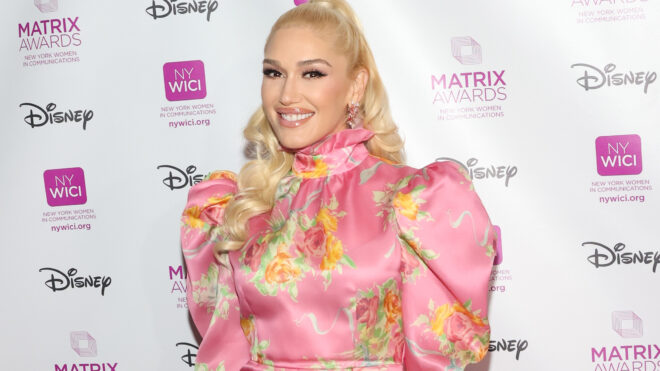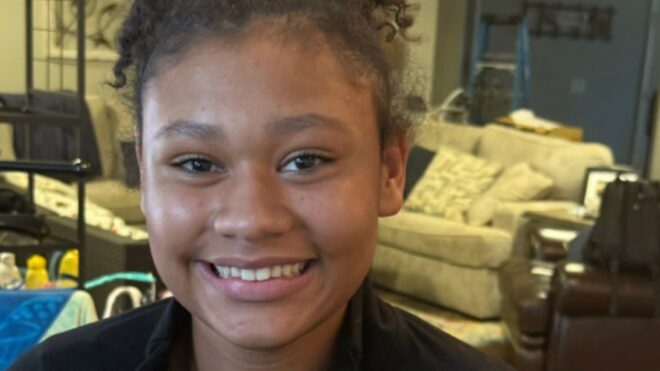iStock.com/FatCamera
When our kids are small, it seems like nearly every visit to the pediatrician's office involves a vaccination (much to your kid's dismay). But as they get older, kids can sometimes go years without needing a needle — which could be why, according to a recent poll from the University of Michigan, many teenagers are missing important shots, because their parents incorrectly assume they're done with vaccines altogether.
The C.S. Mott Children's Hospital National Poll on Children's Health analyzed responses from over 600 parents of 13- to 17-year-olds, and what they found was disturbing: Over a third of parents didn't know when their teen's next vaccine was due, and half thought their teen's doctor would let them know when an appointment for a shot needed to be scheduled (even though providers aren't actually required to do so).
Most troubling of all, over 90 percent of parents assumed their teens had already gotten all the recommended vaccines for their age — even if they hadn't.
"When kids are little, their pediatricians usually schedule visits to coincide with the timing of recommended vaccinations," poll co-director Sarah Clark, MPH, said. "[But] as children get older, well-child appointments occur less often and health providers may not address vaccines during brief visits for sickness or injury. Many teens may be missing out on important vaccines simply because families aren't aware it's time for one."
More from CafeMom: This Is Why You Should Never Ever Kiss a Newborn
As the mother of a teen, I'm not surprised that so many parents are under the impression their kids don't need any more vaccines. I thought my 16-year-old daughter was done too … until I took her to the doctor for an annual well visit this week and discovered that she needed a meningitis vaccine. Apparently I was lucky that my daughter's doctor brought it up.
According to the Centers for Disease Control and Prevention, just one third of teens received the second dose of their meningitis vaccine by age 17, less than half of boys age 13–17 have completed the HPV vaccine series, and less than half of adolescents of both genders get an annual flu shot.
"Parents rely on child health providers to guide them on vaccines — in early childhood and during the teen years," said Clark. "Given the general lack of awareness about adolescent vaccines shown in this poll, there is a clear need for providers to be more proactive for their teen patients."
More from CafeMom: Pros & Cons of the HPV Vaccine: What Moms of Girls Need to Know
It's a scary situation, especially considering the potential implications of these diseases (particularly meningitis, which is highly contagious and can be deadly if not treated right away). We trust our children's doctors to keep us informed, but this is an important reminder that we can't always rely on this method. When it comes to our kids, it's our responsibility to make sure that we're as knowledgeable about their health as possible.




